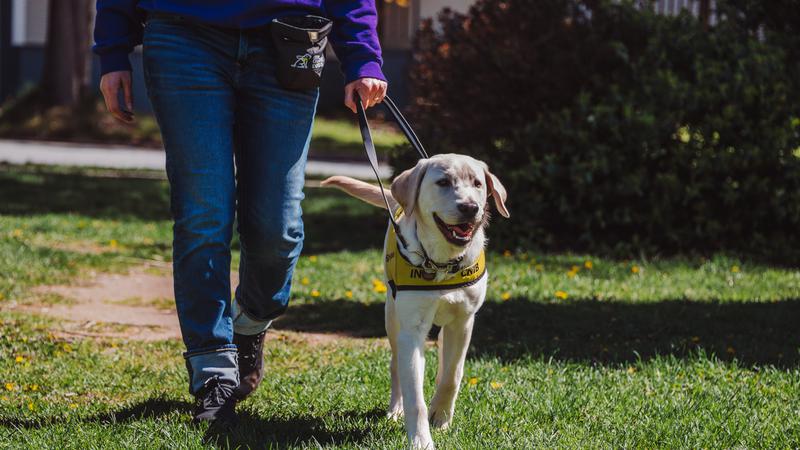
‘A compassionate approach’: North Battleford changes how CSOs respond to public intoxication
A bylaw change now lets Community Safety Officers (CSOs) release intoxicated individuals they encounter, without needing RCMP intervention first. It is part of a shift towards a ‘trauma-informed approach’ to addiction.
The approach is meant to promote environments of healing and recovery rather than practices and services that may inadvertently re-traumatize.
City council approved the change Monday night during a regular meeting by amending its Panhandling and Public Behaviours Bylaw to give the CSOs more discretion when handling cases of public intoxication. Prior to the amendment, officers were required to contact RCMP and have them arrested.
Clarifying how the new discretion will work in practice, Candace Toma, the city’s Public and Intergovernmental Relations Coordinator, told battlefordsNOW that officers will assess sobriety based on their training, and may consider release if the individual shows only low to moderate intoxication and isn’t committing any additional Criminal Code-related offences.


